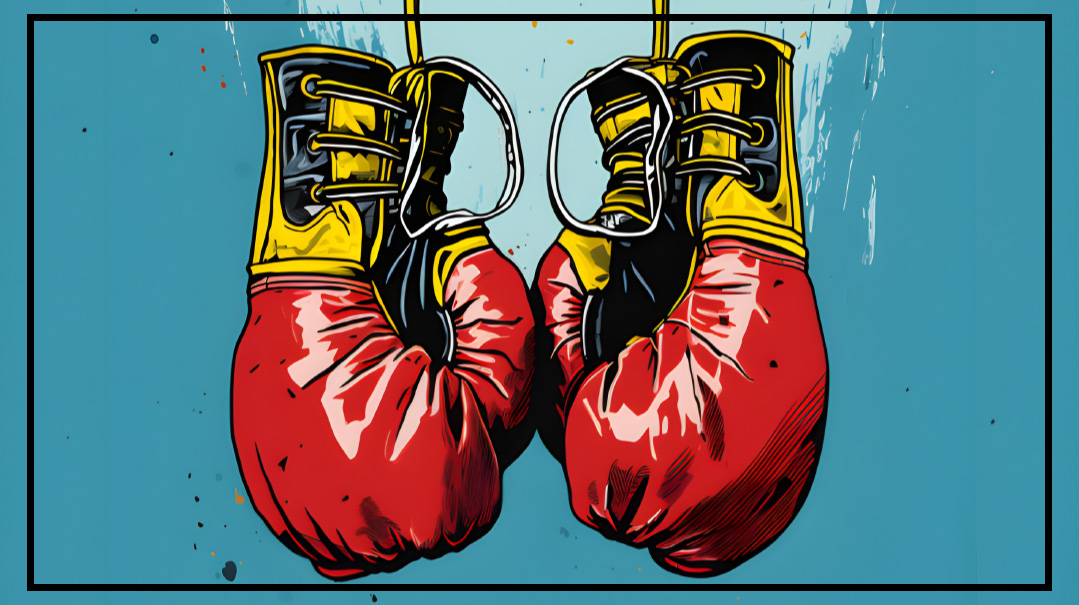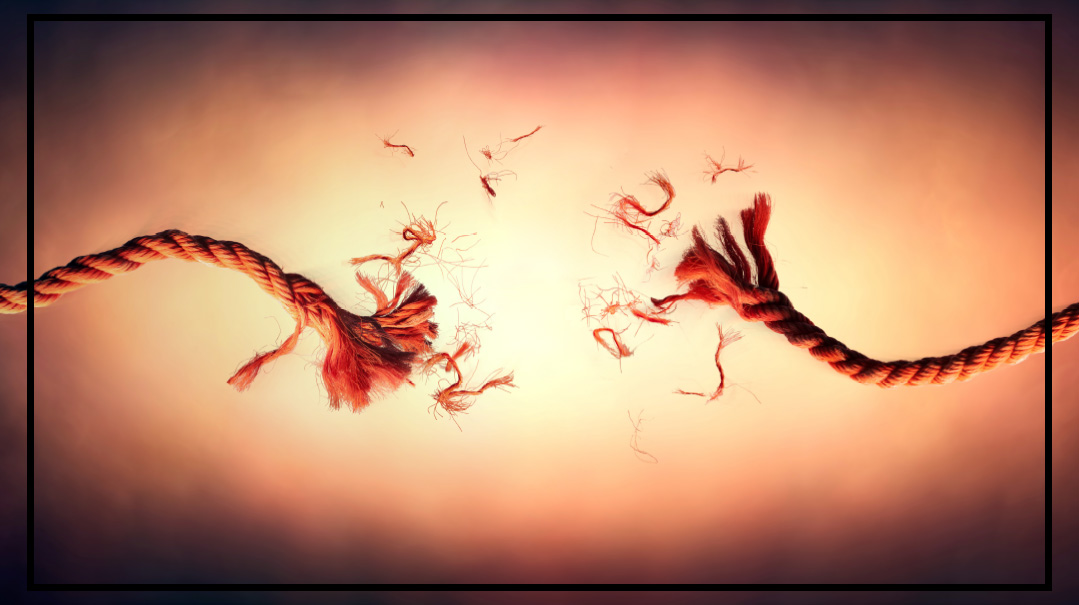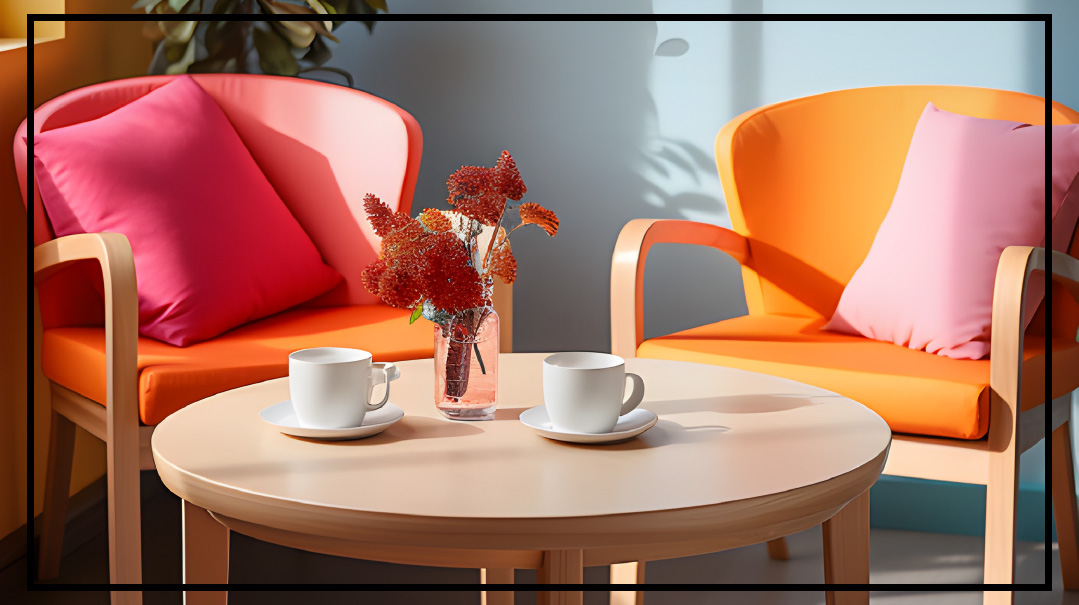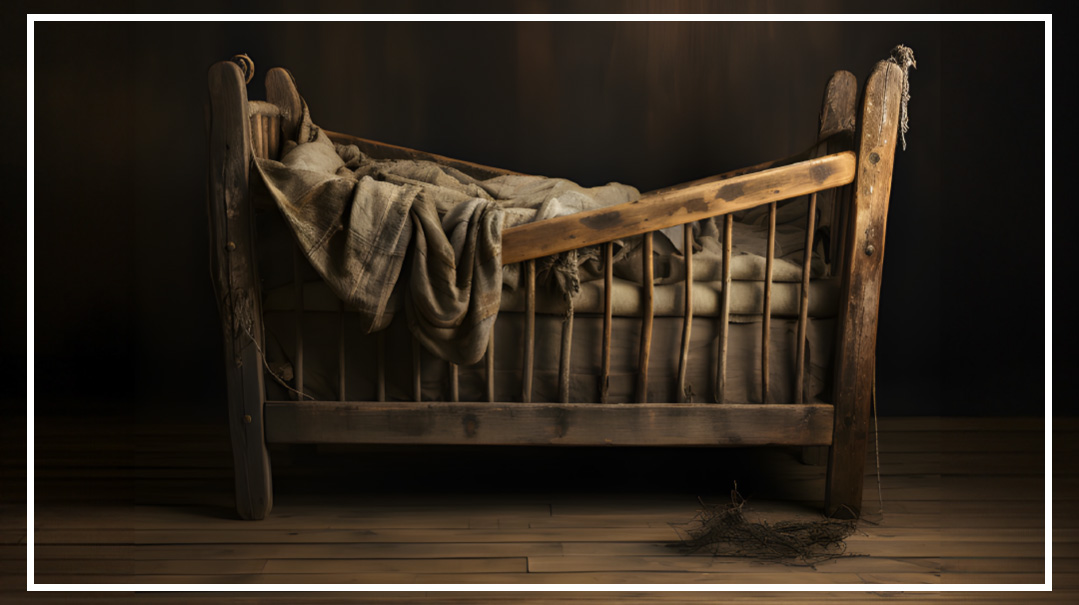Punchline

Her Dovid has been relentlessly bullying Shmuli, and I’ve had enough of her, “Oh, Dovid doesn’t mean anything by it,” lackadaisical attitude

MY phone pings, and I know it’s Rafi sending me a #doubletrouble meme of the day.
Yup. Sighing, I click on the image.
I have twins, therefore I need twice the caffeine.
There’s a gallon-sized coffee mug in the background.
Oh, ha ha.
I hate memes. But like, I hate them. I feel like they’re an umbrella you stand under to share dysfunction instead of actually, you know, becoming functional. Don’t send me a two-liner about how we yell at our kids and have dirty dishes but hey, that’s mom life. Don’t chuckle about not sleeping, ever. Just sleep train your child. Or you know, stop looking at memes, and go to sleep. I mean, you’ve identified the issue, now find a solution.
Rafi, on the other hand, loooves memes. He also receives around 100 a day from his close friends, casual acquaintances, shul guys, dry cleaners, and optometrist. Rafi’s friends with everyone.
Me, not so much.
Yes, we are an “opposites attract” shidduch. No, that does not make marriage easy. But hey, no one has ever accused me of looking for easy.
I type back a quick LOL to Rafi, add a smiley face emoji, and move on.
The big boys make it to the bus by the skin of their teeth. We are definitely waking up five minutes earlier tomorrow. I’ve already reset my alarm and filled my water cup.
Chaim and Tehilla are ready to go to morah, they’re practically pawing at the front door like puppies. I resist the urge to scratch them on the heads and instead buckle them into the double stroller. I’ve been losing the baby weight by opting for a walk over a drive whenever possible. Thank you, South Florida, for the year-round walking weather. No snow day excuses to get out of exercising. I love that.
The self-hate and weight-obsessed conversations in the park are almost as bad as memes. If you feel heavy and tired, take vitamins, exercise, get some natural vitamin D. Don’t just sit around and kvetch, please. And also, nobody’s ever really gained anything from park bench advice.
At least I haven’t. Rafi used to think it was strange that I don’t have girlfriends. When I told him he was the first best friend I ever had, the mixture of pity and pride on his face was comical. But now, 12 years later, he doesn’t think it’s as cute.
His refrain of, “She wants to be your friend! Call her!” is ultimately exhausting. I’m just not a friends-person. I’m a “Let’s go to shiurim and brunch and discuss drawer dividers” kinda girl.
“Come, cuties,” I say to the twins, my voice light and airy. Rebbetzin Klein always says that kids should be able to hear in your voice how much you enjoy spending time with them. I love Rebbetzin Klein; I’ve been going to her since Shmuli turned three.
The weather is gorgeous — summer on its way out and the oppressive heat has finally lifted. I stick my Stanley into the cupholder, adjust my cap, and thank Hashem that sneakers are in style. I nod at Mr. Yarkoni, smile at Mrs. Kaplan. I feel great, the babies are yummy, and Bluma Kurtzer pushed our appointment off till tomorrow, so technically, I have a day off. Although I should use the extra time to work on the Birnbaum kitchen, but hey, maybe I won’t. Even though I really do like Pori Birnbaum, she’s light and easy, like the new Scentify my last client gifted me. I take a deep breath, turn right on Oak, and that’s when I see Devora Levine.
Yuck.
I mean… no, I do mean yuck. Her Dovid has been relentlessly bullying Shmuli, and I’ve had enough of her, “Oh, Dovid doesn’t mean anything by it,” lackadaisical attitude.
Dovid definitely means something by it.
Because in all honesty, Dovid is right.
Shmuli is awkward. Shmuli is clueless. Shmuli is different.
But still, Devora. Get a grip on your kid.
Oops! We could not locate your form.







